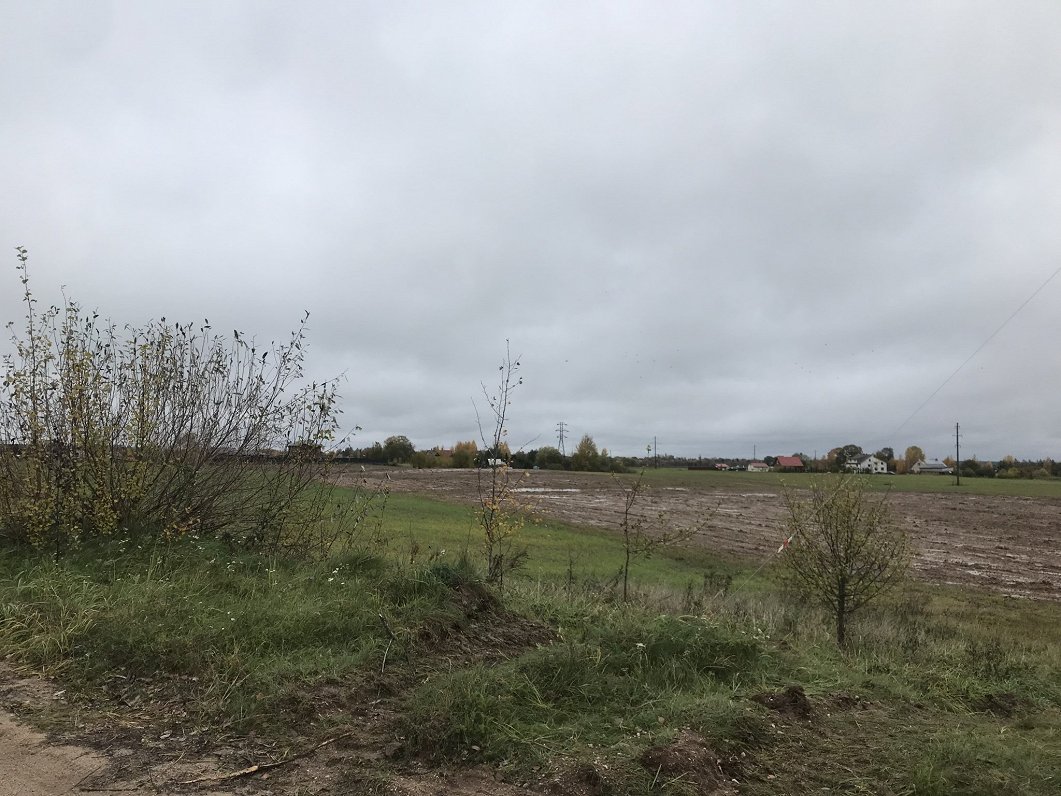Having invested more than 10 million euros, the investment fund "Merito Sustainable Energy Fund I" (Merito) plans to deploy 24,000 solar panels in Kalkūne. Annually, the solar power plant will produce 13,500 megawatt-hours of electricity, which will be enough to fully supply at least 6,500 households in the Daugavpils area.
"We are located in Kalkūne parish, we will start work here, we will build a solar panel park. Here will be the southern field, across the road on the other side will be the northern field, it will be bigger. In total, we will produce nearly 14,000 megawatt hours of electricity here and place 24,000 solar panels. It will be the largest park in Latvia," said Jānis Bērziņš, the construction manager of the solar power plant Kalkūnes SES.

The solar panels will covering 16 hectares – equivalent to approximately eight football fields. At the moment, after heavy rains, the meadows are soggy, covered with huge water puddles and mud, but by the end of the year, the production of green energy will start here.
"We will try to finish it by the end of the year. Work has already begun on the assembly of the panel structure to prepare for the laying of the panels," Bērziņš said.
Merito, which is the owner of Kalkūnes SES, will have eight such solar panel parks in Latvia, said Māris Plūme, board member of the fund's cooperation partner, the company "Saules Energy" (Solar Energy).
"Together with the domestic investment fund "Merito" this year we have opened similar stations in Zilupe, Brenguli and Inčukalns, soon there will also be one in Carnikava, and this will be followed by the construction of the project in Kalkūne parish. There are eight such projects in total. It is our contribution to the promotion of Latvia's energy independence and, of course, also as an investment project," Plūme said.
The area will be cleaned up and improved, Bērziņš promised local residents, adding that it will eventually mean they should have a ready supply of locally-produced energy.
Kalkūne parish has only around 2,000 inhabitants, but borders the city of Daugavpils, a large energy consumer.

"This is one of the most important criteria - we choose to build solar power plants as close as possible to consumption. The electricity produced by one of the Daugava hydroelectric plants must travel through long cables to reach Daugavpils or the Upper Daugava region. But this power plant will be very close, and practically everything produced at the station will automatically reach Daugavpils consumers and companies immediately," Plūme said.
Residents of the neighborhood can't immediately be promised cheaper electricity bills, as the national grid is involved, but a greater supply of environmentally-friendly energy should ultimately benefit all consumers.




























